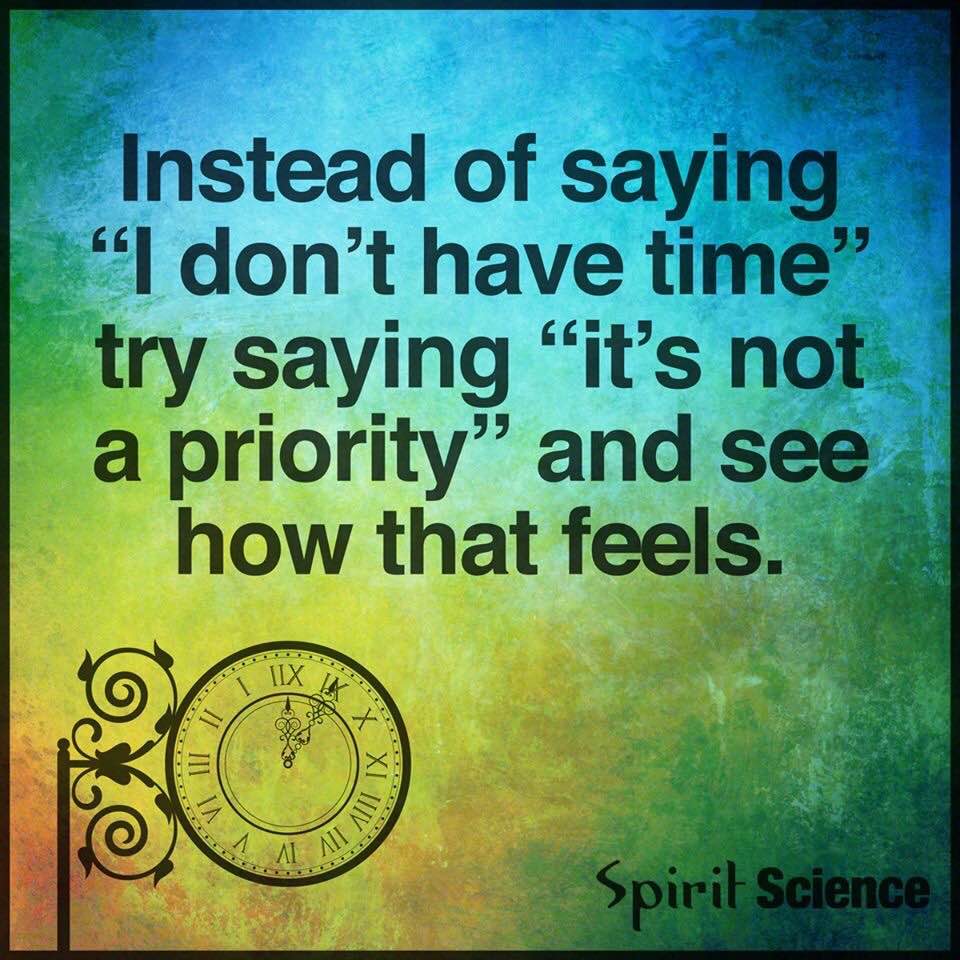Introduction
Time is a finite resource, and it often feels like we’re constantly racing against the clock, struggling to keep up with life’s demands. As a result, we tend to use the phrase “I don’t have time” as a default response to various requests or activities that we want to avoid. However, this seemingly harmless phrase can have significant implications for how we perceive and manage our time. In this blog, we’ll explore the power of changing our perspective from “I don’t have time” to “it’s not a priority” and how this simple shift can transform our lives.
The Perception of Time
Time is one of the most valuable assets we possess. Everyone has the same 24 hours in a day, yet some people seem to accomplish so much more than others. It’s not that they have more time; it’s about how they perceive and prioritize their time. When we say, “I don’t have time,” we unconsciously give away control over our schedules. This mindset can lead to a sense of victimhood, leaving us feeling overwhelmed and unable to make the most of our time.
The Power of Language
The language we use profoundly impacts our thoughts and actions. By changing the way we speak about time, we can reclaim our sense of agency and empower ourselves to make conscious choices. Saying “it’s not a priority” instead of “I don’t have time” forces us to confront the real reasons behind our choices. It compels us to be honest with ourselves about what truly matters to us and what doesn’t.
Confronting Our Priorities
When we say, “I don’t have time,” it becomes easy to avoid responsibilities or activities that may be uncomfortable or challenging. By shifting to “it’s not a priority,” we force ourselves to confront our true priorities. We may realize that we spend too much time on trivial distractions or activities that don’t align with our long-term goals. This newfound awareness can be transformative, prompting us to reevaluate and reprioritize our lives.
Taking Ownership of Our Time
Owning the fact that we’re choosing not to do something because it’s not a priority empowers us to make deliberate decisions about how we spend our time. It eliminates the victim mentality and replaces it with a sense of responsibility. When we understand that we have control over our time and how we allocate it, we become more intentional in our choices. This, in turn, leads to a more fulfilled and purposeful life.
Reevaluating Activities and Obligations
Applying the “it’s not a priority” mindset allows us to reevaluate the activities and obligations that fill our days. We may discover that we’ve been committing ourselves to tasks that don’t bring us joy or contribute to our personal growth. As we start saying no to low-priority tasks, we create space for activities that align with our values and aspirations. This can lead to a more balanced and fulfilling life, where our time is spent on things that truly matter to us.
The Art of Saying No
Adopting the “it’s not a priority” approach may require mastering the art of saying no. Politely declining requests that don’t align with our priorities is essential for protecting our time and energy. Learning to set boundaries is crucial in maintaining a healthy work-life balance and preventing burnout. Saying no doesn’t mean being selfish; it means being respectful of our time and the commitments we’ve made to ourselves.
Embracing the Freedom of Choice
The “I don’t have time” mindset often leaves us feeling trapped and overwhelmed. On the other hand, acknowledging that we are choosing our priorities empowers us to embrace the freedom of choice. We can design our lives based on what truly matters to us, rather than letting external factors dictate our actions. This realization is incredibly liberating and can lead to a renewed sense of purpose and happiness.
Conclusion
Shifting from “I don’t have time” to “it’s not a priority” is a subtle yet powerful change in perspective. It compels us to take ownership of our time, confront our true priorities, and make conscious choices about how we spend each precious moment. Embracing this mindset empowers us to lead more fulfilling lives, where our time is dedicated to what truly matters to us. So, the next time you catch yourself saying, “I don’t have time,” remember that you have the power to choose your priorities and create a life that aligns with your values and aspirations.


